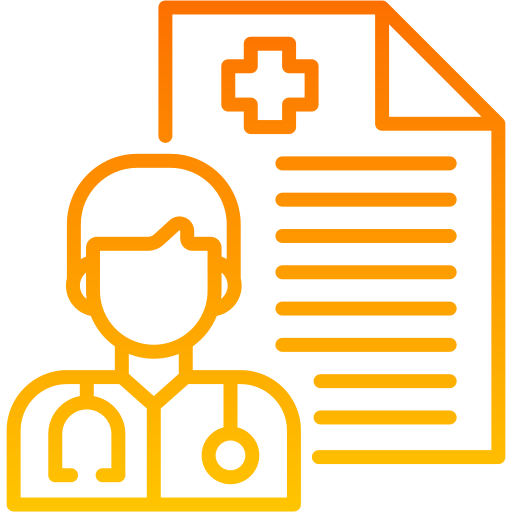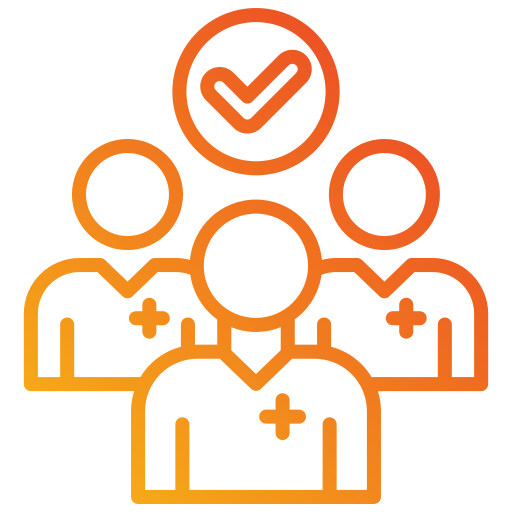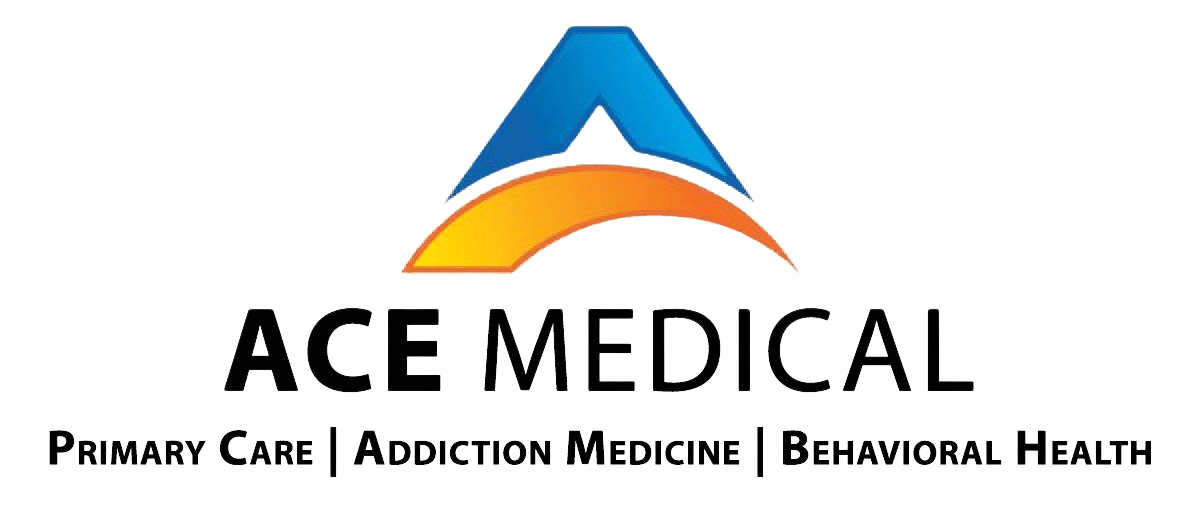We offer a Medication-Assisted Treatment program designed to meet people where they are—offering care that’s grounded in science and compassion for those facing substance use challenges. MAT combines FDA-approved medications—such as buprenorphine, naltrexone, or methadone—with individualized counseling and evidence-based behavioral interventions focused on achieving sustained recovery.
Medication Assisted Treatment
Partners in your lifelong wellness journey.

What to Expect:
Whether you're taking your first step or continuing your journey to recovery, we’re here with the tools and support to help you succeed—one step at a time.

Comprehensive evaluation and medical screening

Ongoing support from licensed providers

Safe and controlled use of medication to reduce cravings and withdrawal

Integration with counseling and support groups

Flexible scheduling and judgment-free care
Suboxone Treatment: Frequently Asked Questions
What is Suboxone?
Suboxone is a prescription medication used to treat opioid addiction. It combines two ingredients: buprenorphine, which helps reduce cravings and withdrawal symptoms, and naloxone, which helps prevent misuse.
How does Suboxone work?
Suboxone attaches to the same brain receptors as opioids like heroin or oxycodone, but without producing the same high. This helps people feel more stable and reduces the urge to use opioids.
Is Suboxone safe?
Yes—when taken as prescribed under medical supervision, Suboxone is considered safe and effective. It’s approved by the FDA and widely used in treatment programs across the country.
Will I get addicted to Suboxone?
Suboxone does contain a type of opioid, but it’s designed to help people recover—not get high. When used properly, it helps manage addiction without creating the same risks as other opioids.
Can pregnant women take Suboxone?
Yes, under medical supervision. Suboxone can be a safe and effective treatment for pregnant women with opioid use disorder. It helps reduce the risk of relapse and withdrawal during pregnancy, promoting better outcomes for both mother and baby. While newborns may experience mild withdrawal symptoms (neonatal abstinence syndrome), studies show Suboxone is often safer than untreated addiction or other opioid use during pregnancy. Treatment should always be coordinated with an experienced provider.
How long will I need to take Suboxone?
Treatment length varies. Some people take it for a few months, while others may benefit from longer-term use. Your provider will work with you to create a plan that fits your needs.
Can I stop taking Suboxone anytime?
It’s important not to stop suddenly. If you’re thinking about stopping, talk to your provider—they can help you taper off safely and avoid withdrawal symptoms.
Are there side effects?
Some people may experience mild side effects like nausea, headache, or constipation. Serious side effects are rare, especially when taken as directed.
Can I take Suboxone with other medications?
Always tell your provider about any other medications or supplements you’re taking. Suboxone can interact with certain drugs, especially sedatives or alcohol.
Is Suboxone right for me?
If you’re struggling with opioid use, Suboxone might be a good option. A healthcare provider can assess your situation and help you decide if it’s the right fit.
